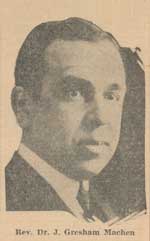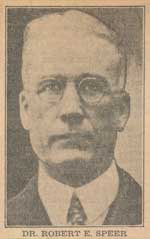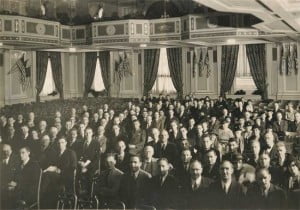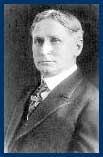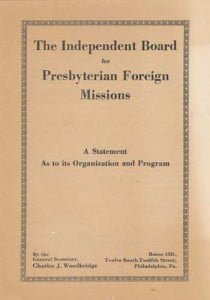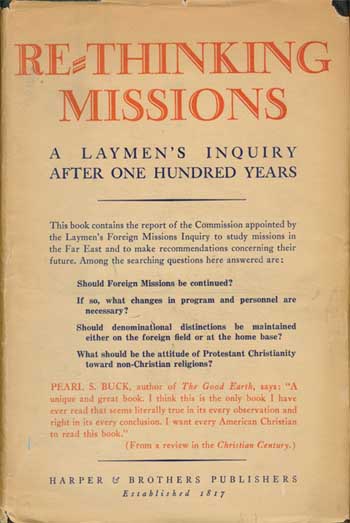The Solemn League and Covenant
Solomon reminds us in Proverbs 22:1 that “a good name is to be more desired that great wealth.” Our names are important because they are part of our identity. These posts go out to those whose convictions identify them as belonging to the name “Presbyterian.” As part of their name, there are various events which took place in the past which help identify us. They educate us, inspire us, and challenge us to live our own Christian lives more fully and completely. Our topic this day in Presbyterian history is one of those events, namely, the Solemn League and Covenant.
The Solemn League and Covenant was written by the Rev. Alexander Henderson, a minister in the Church of Scotland. That Church approved this document on August 17, 1643. It then was received by both the Englishh Parliament and the Westminster Assembly on this day, September 25, 1643. Why was it important that the English Parliament approved it? The answer is that looming in the background was an English Civil War between King Charles I and the English Parliament. The Parliament realized that unless they had help from the Scottish church and nation, they would not be victorious in this war. So they signed it as well.
We reproduce it here, in a paraphrased edition, copied from the book “Our Covenant Heritage,” written by T.E. Edwin Nisbet Moore (and used by permission). With uplifted hand, the two nations pledged that they would endeavor:—
(1) . . . the preservation of the Reformed religion in the Church of England . . . [and} the reformation of religion in the kingdoms of England and Ireland . . according to the Word of God and the example of the best Reformed churches: And shall endeavor to bring the churches of God in the three kingdoms, to the nearest conjunction and uniformity of religion . . . .
(2) . . . the extirpation of popery, prelacy, . . . superstition, heresy, schism, Profanity, and whatsoever shall be found to be contrary to sound doctrine and the power of godliness . . .
(3) . . . [the] preservation and defense of the rights and privileges of the Parliaments, . . . the king’s majesty’s persons and authority, . . . the true religions and liberties of the kingdoms. . .
(4) . . . this discovery of all such as have been, or shall be incendiaries, malignants, or evil instruments, by hindering the reformation of religion, dividing the king from his people, or one of the kingdoms from another, or making any fashion, or parties amongst the people contrary to this league and covenant . . .
(5) . . . [the conjoining] in a firm peace and union to all posterity . . .
(6) . . . [the assistance and defense of] all those that enter into this league and covenant . . . And [we] shall not suffer ourselves . . . to be divided and withdrawn from this blessed union. . .
And because these kingdoms are guilty of many sins, and provocations against God, and his Son Jesus Christ . . . we profess and declare before God, and the world, our unfeigned desires to be humbled for our sins . . . to amend our lives, and each to go before another in the example of a real reformation, that the Lord may turn away his wrath . . . . Most humbly beseeching the Lord to strengthen us by His Holy Spirit . . . to the glory of God, the enlargement of the kingdom of Jesus Christ, and the peace and tranquility of the Christian kingdoms and commonwealths.”
How this covenant was put into practice however was less than desirable. Rather than allowing the Christian citizens of the kingdom voluntarily to sign it, as had been done with previous covenants, they required the ministers to report anyone who either disapproved or would not swear to the covenantal words. The late J.G. Vos points out that this compulsory requirement ended up debasing the covenant. Many, like Charles II, signed it for reasons other than genuine acceptance. It should have been left to a voluntary response by the people.
Words to Live By:
Moses in Deuteronomy 5:29 writes, “Oh that they had such a heart in them, that they would fear Me and keep all My commands always, that it may be well with them and with their sons forever!” This is a worthy prayer to be prayed by all of God’s people in any age. It is to be prayed for our families, our church families, and the citizens of our nation. Will you pray it today, this week, this month, and this year?

